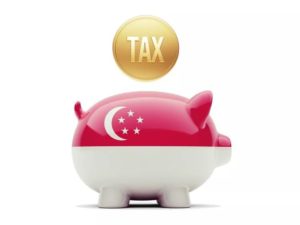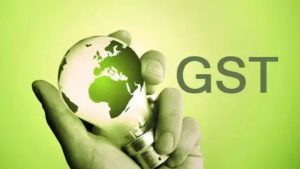What is the sea freight GST and air freight GST in Singapore
Every importer in Singapore has to pay GST to its government through sea freight form oversea. i.e consignee in Singapore. Should pay goods and services tax with rate 7% of total goods value, whatever imported cargo value is small or large, through sea freight has to pay GST is inevitable. While air freight import or small parcel import to Singapore would not pay GST if its value is under 400 SGD of total. as long as its goods value exceed 400 SGD, consignee should pay GST by requested.
1. What is the GST
GST its full name Goods and services tax, the goods import to Singapore which importer has to pay rate 7% of total goods value.
2. Time of implements this policy
Since Jan 1. 2004 Singapore government started charge imported cargo tax with rate 7%
3. The percentage of tax rate is different
Singapore does not have to pay customs duties on products imported from China, but it needs to pay 7% GST.
4. When to pay the GST tax
When the goods are imported into Singapore for customs clearance, the GST shall be paid according to the total amount of the goods list and the commercial invoice, and the customs clearance company shall pay the 7% consumption tax of the total value while the goods are cleared.
5. In which situation don’t need to pay GST
If the final destination of the maritime cargo is not Singapore, Singapore importers can apply to the government for re-export trade to apply for GST-free customs clearance. The whole container shipping can be arranged for direct transshipment. For bulk cargo maritime transport, customs clearance and export declaration shipments are required in the case of Singapore customs warehouse supervision. There is no need to pay GST. If the air cargo exceeds the value of 400 SGD, the goods will be paid GST when they arrive at Changi Airport.
6. GST registered company
If the company sells taxable goods and services with a turnover of more than S$1 million or an estimated value of more than S$1 million, this registration must be subject to GST.
If most of the goods or services are mainly exported, or zero-rated supplies are supplied globally, they can be exempted from registration.
7. Who can register ?
Sole proprietor
Partnership business
Limited liability partnership
the company
Clubs, associations, management companies or institutions;
Non-profit organization
Statutory body
Government agency
8. How to cancel GST and a refund it
When to collect the consumption tax and how to request a refund is quite complicated and technical. Zero-rated supplies, exempt supplies, and deemed supplies all have different consumption tax rules. You can find the definition in the tax vocabulary of the Singapore Internal Revenue Service (IRAS tax glossary). Certain items such as disbursements and donations are not covered by the consumption tax.
9. How does deregistered GST
The registration (registration) of the consumption tax can be cancelled for the company’s business in the following cases: If you want to voluntarily register to collect the consumption tax, you cannot cancel the registration within the first two years after registration, unless the production of taxable supplies has been stopped or has been discontinued in the future. Within 12 months, the annual turnover of taxable supplies is less than S$1 million; no taxable supplies are remanufactured.



